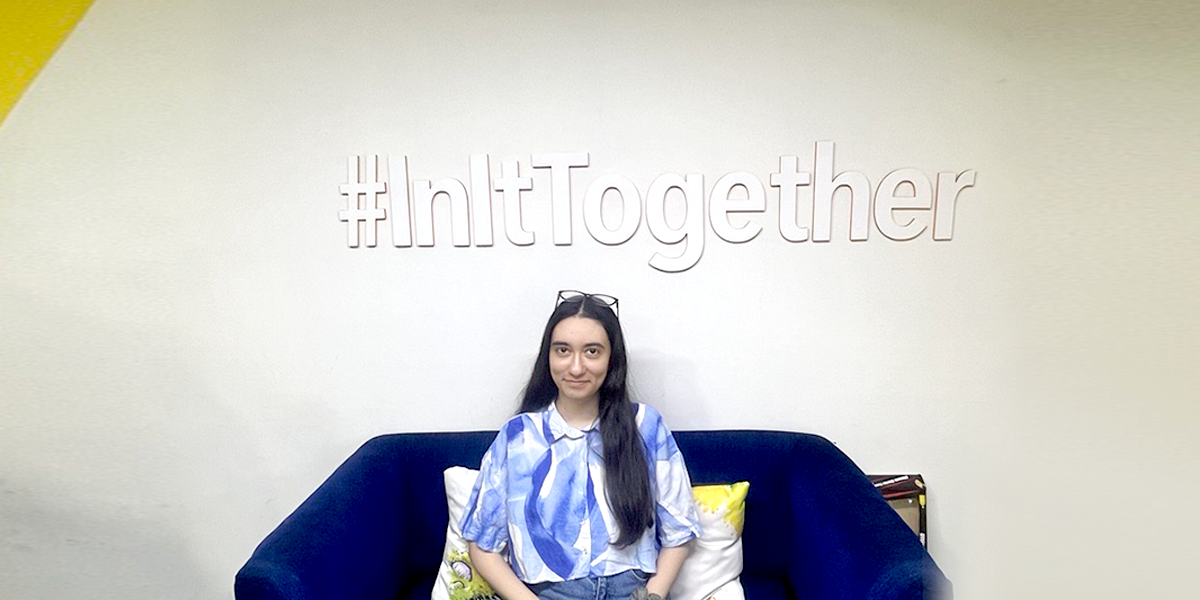For the longest time, I’ve been a skeptic when it comes to the idea that VR is the ‘future’. While
others were captivated by the potential of this evolving technology, I remained unconvinced,
harboring doubts about its impact on society. “It’s just a gimmick,” I would say, “Just a
temporary trend that will be forgotten soon.” Sure, it might be a good way to kill time in an
increasingly digital world, and the headsets and immersive experiences seem impressive. I
found all this quite superficial, lacking any real substance or significance.
In today’s world, people often turn to social media and online entertainment to escape from
the stresses of everyday life. This habit of seeking refuge in the digital world has already been
proven to lead to problems like reduced productivity, withdrawing from social interactions, and
negative impacts on mental health, such as feeling more anxious, depressed, or isolated. Now,
as VR technology continues to advance, it could immerse us in experiences more deeply than
anything else we have right now. We could be transported to entirely new worlds, making
digital escapism even more enticing and addictive. This means there’s a higher chance that
people might spend even more time living in virtual reality, neglecting real-life responsibilities
and relationships. So, my dislike towards VR might have stemmed from a fundamental
concern— would VR only serve to aggravate our addiction to digital escapism?
Let’s rewind a bit. At first glance, VR seemed like nothing more than a fancy toy for gamers. And
while gaming undoubtedly remains a significant aspect of VR, I’ll agree that its use extends far
beyond just entertainment. One of the most exciting aspects of VR is its versatility. From
healthcare to education, therapy to training, VR is revolutionizing industries and changing lives
in ways I never imagined. Take healthcare, for example. In hospitals and clinics around the
world, VR is being used to relieve pain, manage anxiety, and even treat PTSD. By immersing
patients in virtual environments, doctors could guide them through therapy sessions, and even
simulate surgical procedures to improve outcomes.
Then there’s education. As someone who despises the education system of our country, I can’t
help but be excited by the possibilities that VR presents for students. Unfortunately, a lot of
Indian schools still emphasize rote learning over critical thinking, creativity, and practical
application of knowledge. This leads to a culture of intense competition, stress, and encourages
‘learning to the test’ rather than fostering a genuine love for learning. Students are expected to
memorize large chunks of information from textbooks and recall all of it during exams,
promising them that excellent grades will guarantee success.
But with the help of VR, students could explore virtual worlds, conduct experiments in
simulated laboratories, and even interact with historical figures as if they were standing right in
front of them; a much better way to learn rather than being confined to textbooks and lengthy,
boring lectures. VR will help reimagine education for the digital age, promoting curiosity, a
genuine interest in learning, and critical thinking skills in ways traditional methods could never.
Now, while I agree when people say VR has the potential to enhance our lives, I can’t help but
wonder at what cost. Will our obsession with digital creations cause us to lose focus on what
really matters? Will virtual reality widen the gap between those who can afford the newest
technology and others who are left behind, worsening the already existing disparity? And
possibly the most important question is—Will we give up real human connection thinking we’d
find it in a virtual environment? Think about it, it’s already happening. So many of us already
spend too much time glued to our phones. We’re always checking them, even when we’re
supposed to be focused on something else or spending time with others. This addiction has
made us impatient and is slowly diminishing our empathy. We think we’re connected, but the
truth is, we’ve never been more disconnected than we are right now. A recent psychological
study claimed that 73% of Gen-Z report feeling alone sometimes or always—an odd paradox,
given that we are hyperconnected in the virtual world. The 3 main reasons for this are said to
be; overstimulation, addiction to social media, and a dependency shift to technology and AI.
And with the generations to come, we may find ourselves retreating further into the digital
realm, where interactions lack the depth and authenticity of face-to-face communication. This
could severely impact our mental health and well-being, more than phones already do.
So, if you ask me whether VR is a blessing or a curse, I’d have to pick the latter. While I fully
acknowledge the possible benefits of VR, I strongly believe that its drawbacks outweigh its
advantages. The potential for addiction and detachment from reality are a cause for serious
concern and simply cannot be overlooked. Of course, there’s no way to fully predict what can
happen, but at the end of the day, the future of VR is in our hands—and though highly unlikely,
I can only hope that we will prioritize human well-being over this enticing innovation.




